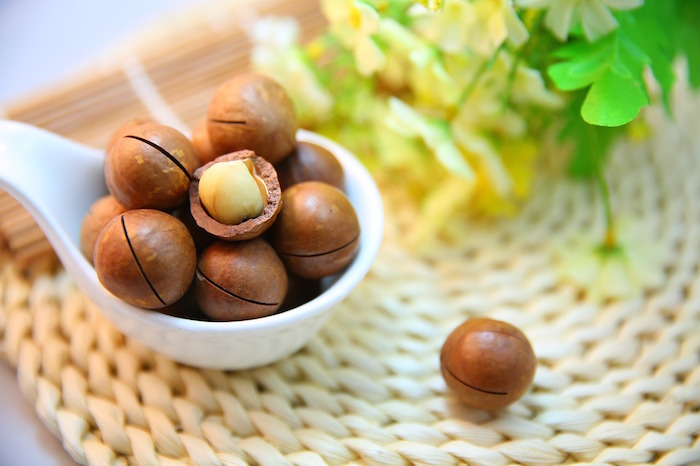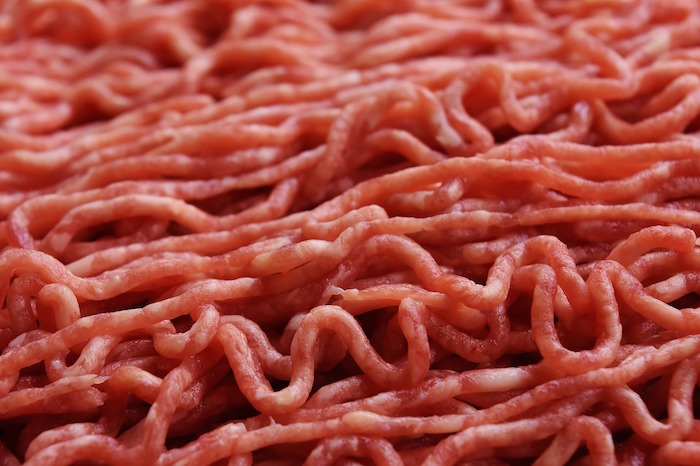When it comes to feeding our furry friends, understanding which foods are safe and which can be harmful is crucial. While sharing our snacks with our pets might be tempting, some human foods can cause serious health issues in dogs. Here’s a list of ten foods your dog should avoid and some healthier alternatives.
1. Chocolate:
Chocolate contains a substance that is toxic and deadly to dogs. It can cause vomiting, diarrhea, rapid breathing, increased heart rate, and seizures. Instead, opt for dog-safe treats that are free of cocoa and theobromine.
2. Grapes and Raisins:
These small fruits can cause kidney failure in dogs. Even small amounts can be deadly. Offer your dog-safe fruits like apples (without seeds) or blueberries instead.
3. Onions and Garlic:
These can damage a dog’s red blood cells, leading to anemia. Symptoms include weakness, vomiting, and breathlessness. Safer alternatives are vegetables like carrots or green beans. Onions and Garlic are quite the seasoning for us and make things taste much better. Dogs don’t want human-made seasoning in their stomachs.

4. Avocado:
Avocado contains persin, which can cause vomiting and diarrhea in dogs. Stick to dog-friendly vegetables and fruits that are low in fat and easy to digest.
5. Alcohol:
Alcohol can cause vomiting, diarrhea, decreased coordination, depression , difficulty breathing, and even death in dogs. Always keep alcoholic beverages out of your dog’s reach.
6. Xylitol:
This is a sweetener, found in many sugar-free products, can release insulin rapidly, leading to hypoglycemia in dogs. Choose treats specifically designed for dogs, which are free of artificial sweeteners.

7. Macadamia Nuts:
These nuts can cause weakness, depression, vomiting, tremors, and hyperthermia in dogs. Opt for safer alternatives like peanut butter (without xylitol) or dog-safe biscuits.

8. Bones:
While giving a dog a bone might seem natural, cooked bones can splinter and cause blockages or tears in the digestive system. Offer dog-safe chew toys or dental chews instead. You might have all the movies of dogs getting bones, but those are just movies and not reality.
9. Coffee and Caffeine:
Caffeine can be fatal to dogs and has no antidote. Symptoms include restlessness, rapid breathing, heart palpitations, muscle tremors, and fits. Provide fresh water and avoid leaving any caffeinated products within reach.
10. Raw Meat and Eggs:
These can contain bacteria like Salmonella or E. coli, which can harm both pets and humans. Cooked meats like chicken or turkey are healthier options.

Healthy Alternatives:
While the above-listed foods harm dogs, plenty of healthy and safe alternatives exist. Dogs can enjoy vegetables like carrots, broccoli, and pumpkins and fruits like apples, bananas, and blueberries in moderation. Lean proteins like chicken, turkey, and fish are also good for dogs. Always remove any seeds or pits from fruits and ensure that any meat is cooked and unseasoned.
These things may look and taste good, but dogs aren’t humans, which is pretty obvious. It doesn’t matter what dog you have, whether it is a little Maltipoo or a Great Dane.
Conclusion:
Our dogs are cherished members of our families, and their health and well-being are paramount. By being informed about harmful foods and opting for healthier, safer alternatives, we can ensure our dogs live long, happy, and healthy lives. Always consult your veterinarian if you need clarification about feeding your dog a particular food or suspecting they have ingested something harmful.
Remember, the key is to provide a balanced diet, avoid harmful foods, and offer treats in moderation. Keep an eye on your dog’s overall health, weight, and behavior, and make dietary adjustments as needed under the guidance of your veterinarian.
